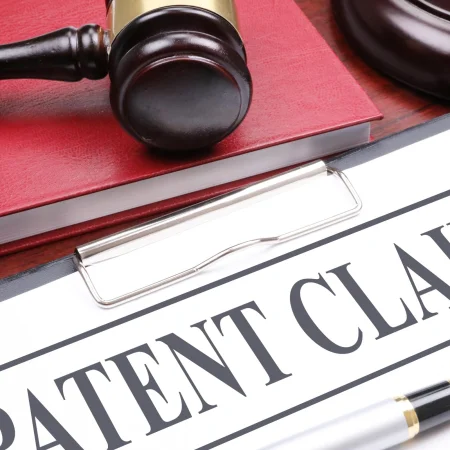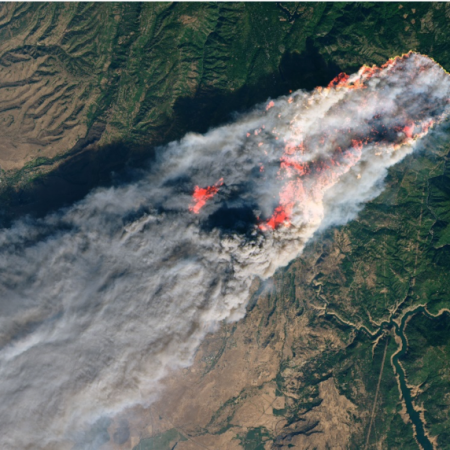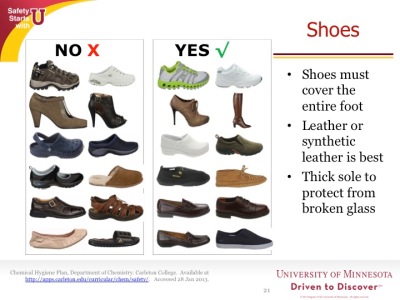
Tag: innovation


How do CSN experiments become patented technology?

Nano-enabled Recovery of Scarce Metals: From benchtop to startup

Emerging Technology in Air Pollution Sensors: EPA Wildland Fire Sensors Challenge

Podcast Ep 16. Maybe Not the Next Industrial Revolution? Societal & Ethical Implications of Nanotechnology
